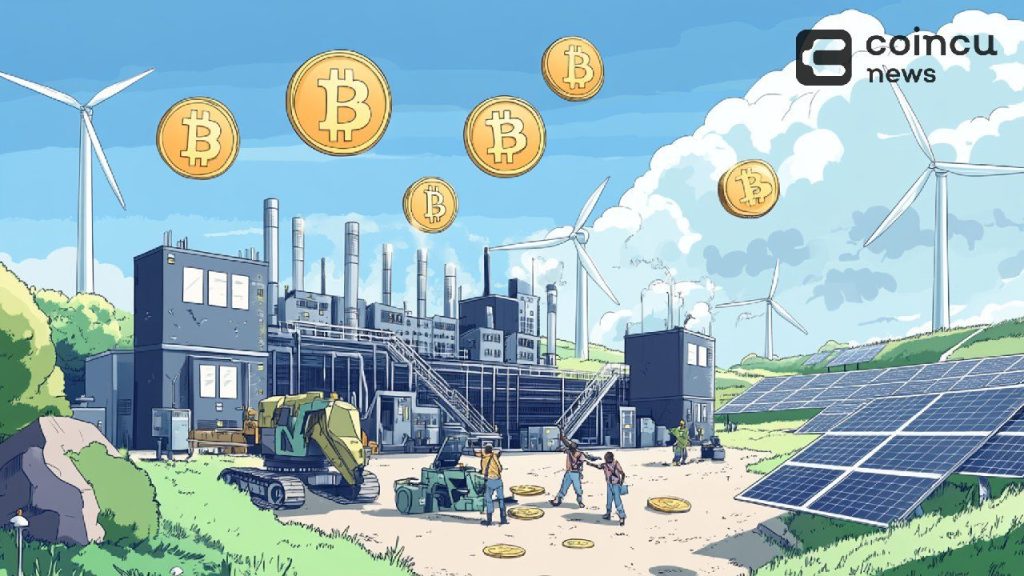Key Points:
- Ethiopia’s low energy costs help BIT Mining reuse aging Bitcoin rigs, cutting operational expenses.
- BIT Mining benefits from Ethiopia’s energy standards and hydropower resources to boost profitability.
BIT Mining taps Ethiopia’s low energy costs, acquiring 51 MW and 18K rigs to extend machine lifespans, leveraging abundant hydropower and economic efficiency.

How Ethiopia’s Energy Costs Extend Bitcoin Rig Lifespans
Extremely low energy prices in Ethiopia allow BIT Mining to prolong the life of Bitcoin mining rigs, which in the U.S. are made obsolete by high electric costs within two or three years. Transplanting older rigs to Ethiopia extends the usefulness of the devices an additional two years, maximizing their return. This is an optimization of profit and resource efficiency, according to Coindesk.
Rich hydropower- mostly from heavy Chinese investments- means energy supplies are available. Examples include the Grand Ethiopian Renaissance Dam, where over 5,000 MW is in production, making it quite enticing for power-intensive industries, a category into which Bitcoin mining falls. This synergy increases the impact of BIT Mining operations on their operations and economic impact in Ethiopia.
Read more: BitFuFu Ethiopia Bitcoin Mining Facility Acquisition Milestone
Why Ethiopia’s Energy Standards Attract BIT Mining
BIT Mining leverages the fact that energy standards in Ethiopia almost mirror those of China, assuring seamless deployment of equipment it already has. The company can draw from resources from its activities in China, reducing setup costs with no loss of efficiency. Government support in Ethiopia added to the mining appeal.
The investment of $14 million by the firm secures 51 MW and 18,000 rigs, creating a positive feedback loop. While older rigs perform well in Ethiopia, BIT Mining further enhances its hosting service and appeals to investors. The stable supply of energy and supporting government in Ethiopia build a good environment for long-term success.
| DISCLAIMER: The information on this website is provided as general market commentary and does not constitute investment advice. We encourage you to do your own research before investing. |






















